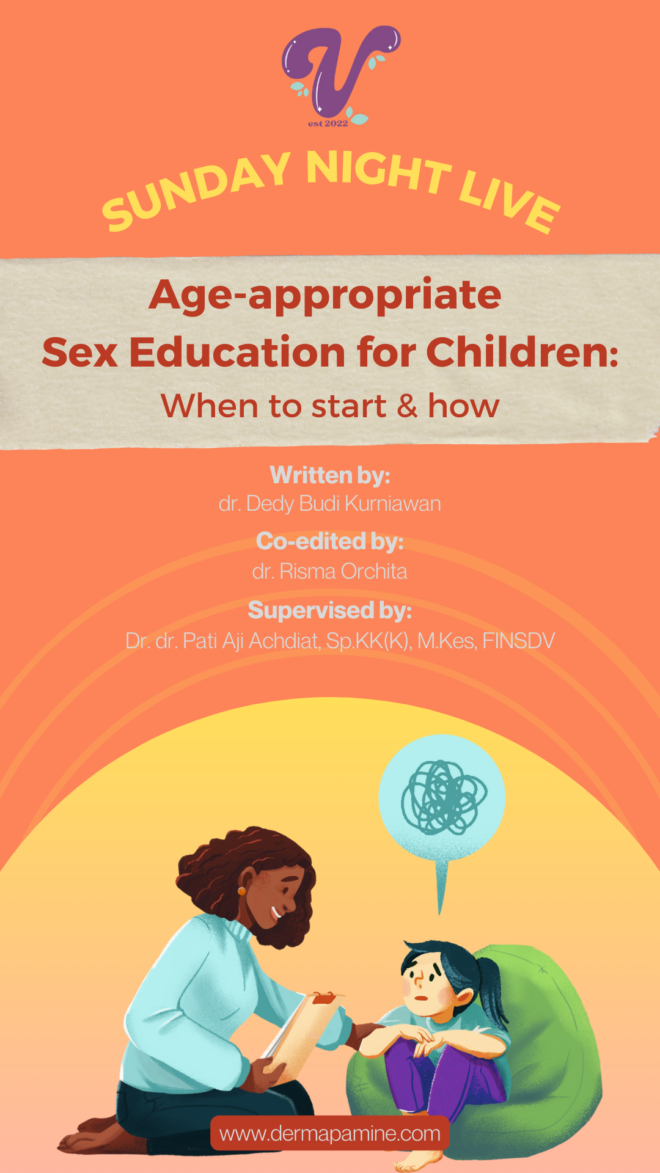Early sexual education is crucial because it equips children and young individuals with essential information, abilities, attitudes, and values that are fundamental to their physical and emotional well-being. This comprehensive approach to sex education is essential for several key reasons:
Key impacts of early sex education for children:
- Knowledge & understanding.
- Prevention of sexual abuse.
- Emotional well-being.
- Healthy relationships.
- Safer sexual behaviour.
- Countering misinformation.
Building upon the importance of early sexual education, it becomes evident that there are several key concepts that underpin effective sexual education. These concepts are essential for ensuring that young individuals receive comprehensive and age-appropriate information about their sexual and reproductive health. They include:
Key Concept of Sex Education
- Relationship
- Values, rights, culture, and sexuality
- Understanding gender
- Violence & staying safe
- Skills for health and well-being
- The human body & development
- Sexuality and sexual behaviour
- Sexual and reproductive health
Sex Education Situation in Indonesia
There have been efforts by government institutions, non-governmental organizations (NGOs), and civil society groups to promote comprehensive sexual education (CSE) in line with international standards.
Rutgers Indonesia, has implemented CSE in some parts of Indonesia through a programme called SETARA (Semangat Dunia Remaja).
The curriculum in Indonesia has also started discussing sex education through integrated thematic lessons at elementary school age and through the Handbook for the Implementation of Reproductive Health in Elementary Schools.
When to Start Sex Education?
The appropriate time to start sex education for children can vary depending on:
- individual development.
- cultural norms.
- parental knowledge & comfort levels.
It is generally suggested to start sex education at a young age, typically during preschool years (around 3-5 years old). But, most sex education is given at elementary school age which is part of the education curriculum.
Parents and educators should deliver information in age-appropriate way, considering the child’s cognitive and emotional development.
Age 0-4 years (Early childhood): “Age of first discovery”
With younger learners, teaching about sexuality does not necessarily mean teaching about sex.
To initiate sexual education for children, you can begin by introducing simple concepts such as:
- Correct names for body parts, including private area.
- Body autonomy, consent, and privacy.
Age 5-8 years (Mid childhood): “Questioning”
At this stage, children are very interested in reproduction and ask endless questions, such as “where do babies come from?”
Things we need to teach at this stage include:
- Personal hygiene.
- Gender role & equality.
- Basic information about body changes during puberty.
- Basic concept of family, relationship, and boundaries.
Age 9-12 years (Early adolescence): “Physical & emotional changes”
During this stage, puberty begins, bringing about various physical changes and emotional mood swings.
Things we need to teach at this stage include:
- Expand knowledge about puberty (menstruation & wet dream).
- Detailed information on reproductive health.
- Responsible use of technology.
- Risk & consequences of engaging in risky behaviors.
Age 13-18 years (Adolescence): “Focus on future”
During this phase, the goal is to give adolescents the information, abilities, and mindset they need to make informed decisions and take care of their sexual health throughout their lives.
Things we need to teach at this stage include:
- Comprehensive information on sexually transmitted disease.
- Responsible sexual behavior, decision-making, & relationship.
- Discuss the importance of healthy relationships, consent, and communication skills.
- Promote critical thinking, media literacy, & ethical considerations regarding online activities and relationships.
“Teaching children about sex in an age-appropriate manner is like building a solid foundation that supports their healthy development and decision-making throughout their lives”
